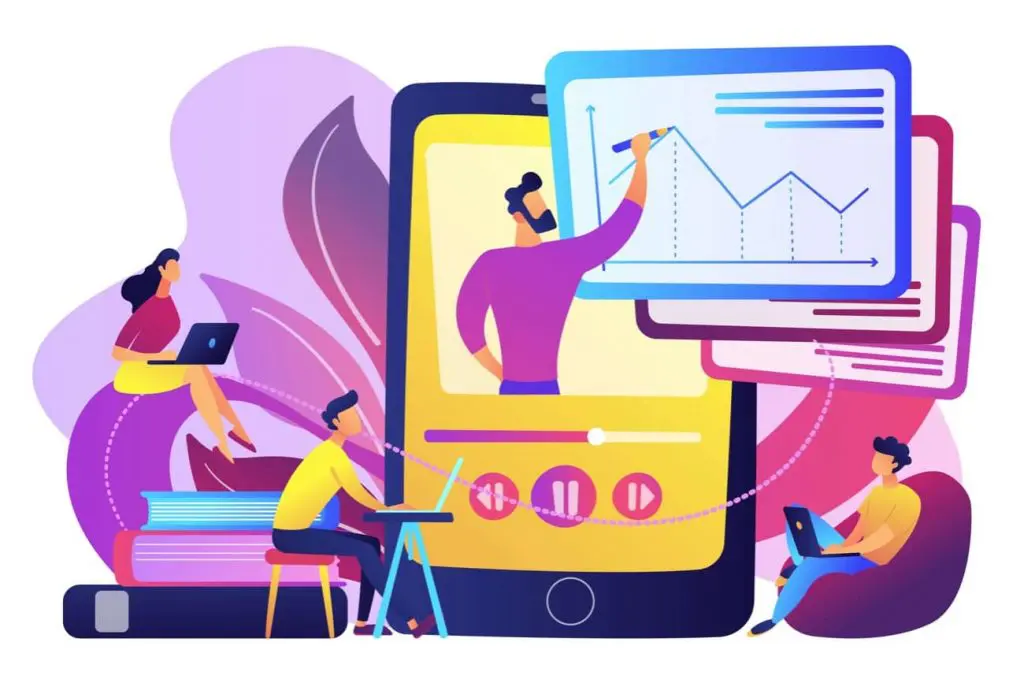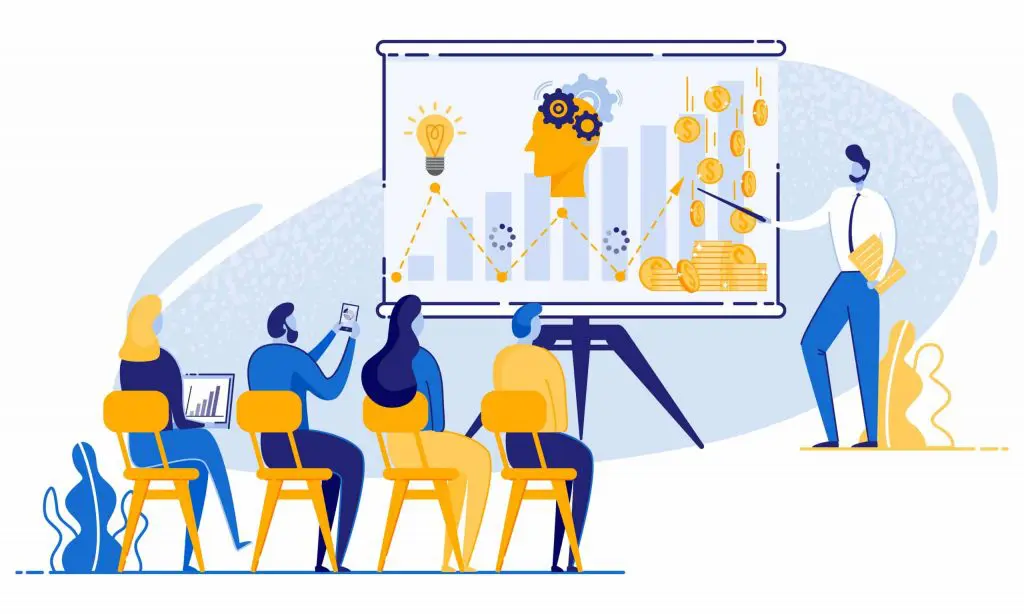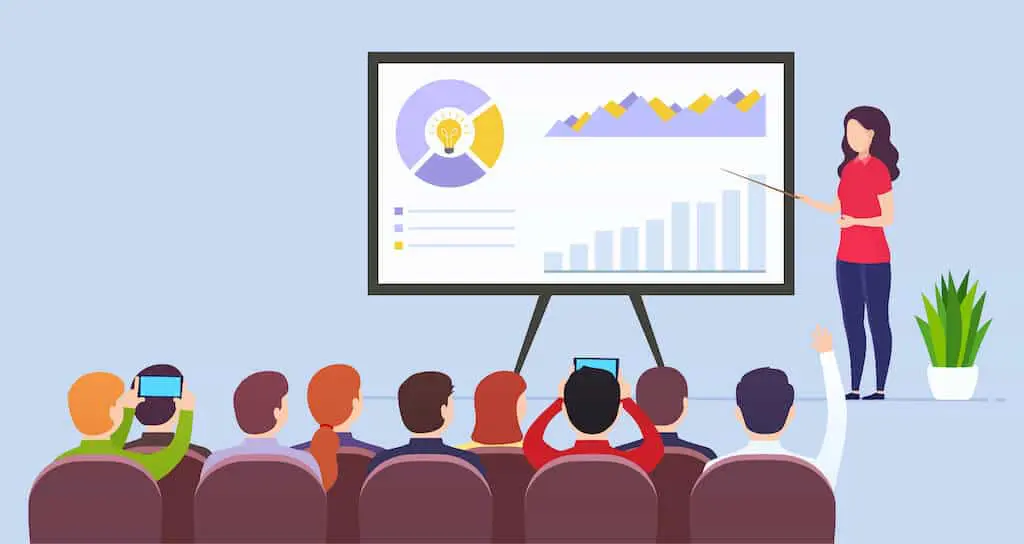Why Word of Mouth Marketing is Such a Powerful Tool for Small Business
Word-of-mouth marketing is a valuable tool for businesses of all sizes, but its impact and benefits have a particularly profound effect on small business. It’s affordable, grassroots, and can result in an increase in leads or sales – perfect for companies with a limited marketing budget.
The Universal Benefits of WOMM
Word-of-mouth marketing (WOMM) is what happens when customers or clients do your marketing for you. They have a positive experience with you, or your product, and want to tell the world about it.
WOMM is the oldest form of marketing. It’s informal and conversational – but powerful. It is responsible for the success (and failure) of the oldest forms of industry and trade. It’s what keeps small restaurants or brick-and-mortar stores afloat. And now, it’s being strategically employed to market online stores, corporations, and major brands.
WOMM allows all businesses to:
- Boost revenue without a huge investment in advertising
- Create a community and increase customer retention
- Increase brand loyalty
- Establish a relationship with customers and build trust
- Instill confidence in online purchases
Major brands and corporations have substantial marketing budgets and still they dedicate time and resources to WOMM.
Isn’t WOMM Out of a Company’s Control?
No. WOMM, while heartfelt and sincere, is something that companies can facilitate and nurture.
There are 2 types of WOMM: organic and targeted.
Organic WOMM occurs naturally when customers are delighted with their purchase and tell friends, family, and acquaintances about it.
Targeted WOMM, while still truthful and real, occurs when businesses launch campaigns specifically designed to encourage word-of-mouth promotion in communities.
WOMM Benefits for Small Business
WOMM is particularly suited to small business. The most obvious reason is its cost-effectiveness – what small business wouldn’t love to spend $100 or less on a marketing campaign? But there are other reasons why small businesses need to prioritize WOMM in their marketing plan.
Build Your Community
Word-of-mouth marketing helps build a community of loyal customers and followers. People tend to value the impartial opinion of fellow shoppers versus messaging found in slick advertising. These people gather together to share ideas and resources, solve problems, and learn from you and each other.
By building a community, you can position yourself and your brand as a leader in your industry, build loyalty, and gain powerful insights into your target audience.
Instill Confidence in Your Products and Online Purchases
Small businesses don’t have the recognition of larger brands, so they often have difficulty convincing prospects to trust their products, services, or even their purchasing process.
WOMM reassures people that you are trustworthy and that your products and services are high-quality and effective.
Boost Sales Without a Big Advertising Spend
And yes, small businesses can use cost-effective, but powerful, WOMM to raise awareness of their business and increase sales.
A great place to start is social media marketing. Post regularly and engage followers, asking satisfied customers to tell others about you.
You can also promote user-generated content (UGC), where people create and share about your products or services. Use hashtags to call attention to the buzz you are generating, share happy customers’ social media posts about you, run contests that encourage UGC, and ask customers if you can use their positive feedback as a testimonial on your website or marketing materials.
Another powerful way to put WOMM to work is through referral marketing. Encourage customers to become brand advocates by rewarding them for referrals. Give them a discount on their next purchase, loyalty points, or product bonuses.
WOMM is an integral part of any marketing plan, for businesses of all sizes. Incorporate it into your marketing strategy and start to see results in all aspects of your business.






Responses